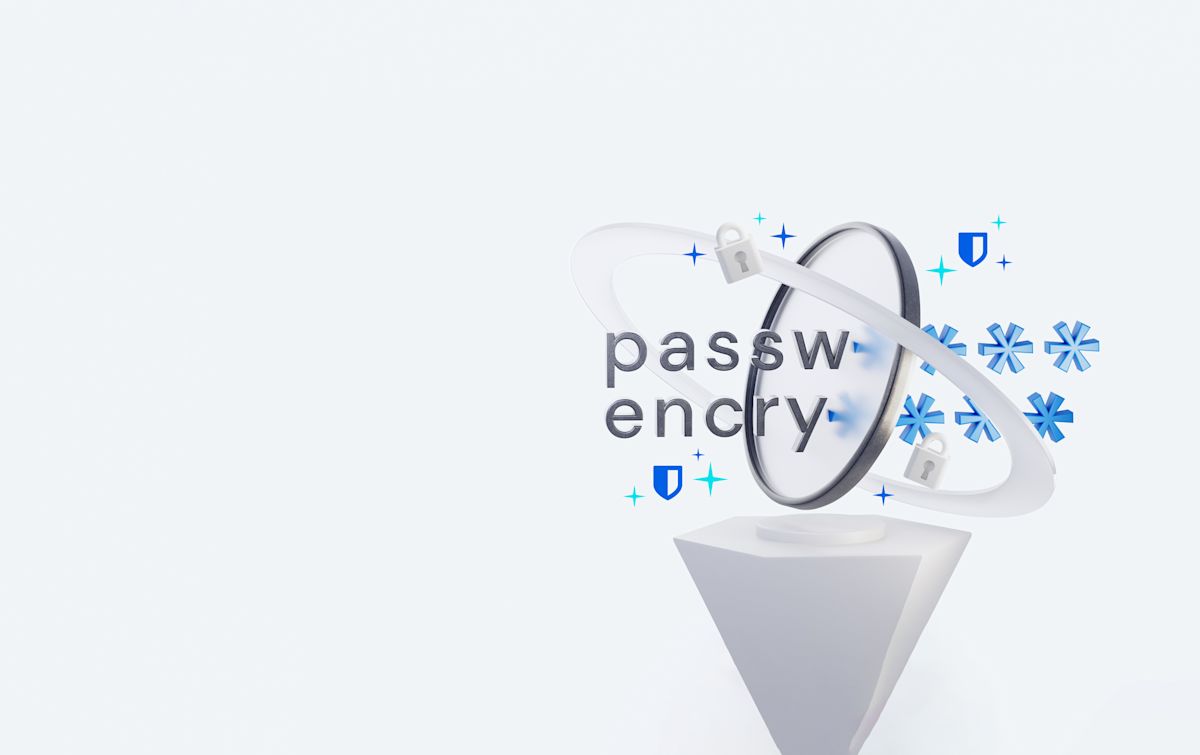- Resources
- Zero-knowledge encryption
What exactly is zero-knowledge encryption?
Zero Knowledge Encryption is a cryptographic technique that allows one party to prove knowledge of a secret to another party without actually revealing the secret itself. This is achieved through mathematical algorithms that ensure only the authorized user can access the encrypted data. The data is inaccessible to anyone else—even to the encryption provider.
How does password management fit in here?
Zero-Knowledge Encryption significantly enhances privacy and security. It is broadly used across critical applications in authentication, digital signatures, and secure computations. Leading password and secrets management platforms leverage it as well. Specific features to look for:
Local encryption: data is encrypted on the user's device before cloud storage, ensuring only the user holds the decryption key.
Master password usage: a master password or passkey serves as the exclusive key to encrypt and decrypt data. It is never stored or accessed by the provider.
PBKDF2 key strengthening: derives encryption keys from user inputs using thousands of hashing iterations, enhancing resistance to brute-force attacks.
End-to-end encryption (E2EE): ensures that data is encrypted from each endpoint, whether in transit between devices and in storage, safeguarding against data breaches.
Secure credential sharing: encrypted exchanges ensure that shared data remains protected. Only authorized recipients can access it.
Emergency access protocols: securely enables trusted individuals to recover critical credentials without compromising zero-knowledge principles.
Vault timeout and auto-lock: automatically locks access after inactivity, protecting data on potentially compromised or unattended devices.
Zero-Knowledge Encryption is such a powerful security model that no one—not even the password or secrets management provider itself—can access your stored data.
How zero-knowledge encryption keeps today’s businesses safer
In today’s digital landscape, businesses face growing threats from data breaches, insider attacks, and credential theft. Implementing Zero-Knowledge Encryption is a crucial step in protecting sensitive data like passwords, customer information, and proprietary assets. It allows you to:
Maximize data privacy: all data remains confidential and secure, even from other internal service provider threats.
Mitigate data breach impact: protects encrypted data from exposure, maintaining full security even if the encrypted data is stolen.
Enhance regulatory compliance: supports adherence to stringent data privacy regulations including ISO 27001, GDPR, HIPAA, SOC 2, and PCI DSS.
Strengthen customer trust: demonstrates a strong commitment to protecting sensitive customer data.
Safeguard critical credentials: provides robust protection for even the most sensitive business credentials, including infrastructure secrets and proprietary information.
Support secure remote work: enables secure credential access across various locations and devices without reliance on vulnerable methods.
Facilitate secure emergency access: ensures authorized recovery of credentials during critical situations without compromising security.
Protect against supply chain attacks: ensures all credentials remain secure, even if third-party infrastructure is compromised.
Businesses and organizations worldwide are employing Zero-Knowledge Encryption to enhance their security posture, manage sensitive data, and maintain rigorous privacy and compliance standards.
How Bitwarden leverages zero-knowledge encryption
Bitwarden is designed with Zero-Knowledge Encryption as its core security model. This architecture is fundamental to protecting passwords, secrets, and sensitive business data with unmatched privacy and security. No one—not even Bitwarden itself—can access or decrypt your stored data. Bitwarden integrates Zero-Knowledge Encryption through:
Comprehensive end-to-end encryption: uses AES-256 to secure data every step of the way, from creation through transit to cloud storage.
Exclusive user-controlled master passwords: uses strong, locally-held master passwords, with zero access by Bitwarden.
Secrets manager: applies Zero-Knowledge Encryption to developer secrets, API keys, and CI/CD credentials.
Secure credential sharing tools: provides encrypted, controlled access through Bitwarden Send and team-based collections, where only the user and intended recipients are able to decrypt the data.
Robust emergency access capabilities: securely facilitates business continuity through encrypted, designated recovery access processes.
Transparent, auditable open source architecture: ensures continual verification and validation of its encryption methodology.
Self-hosting option for data sovereignty: offers full control over encrypted data for organizations requiring the most stringent security controls, taking zero-knowledge even a step further by limiting data available outside their installation.
The bottom line
By adopting Bitwarden, businesses gain an enterprise-ready solution that ensures data privacy, regulatory compliance, and peace of mind—all without compromising security or usability. It is the very definition of modern cybersecurity best practices.
Bitwarden uses the strongest encryption algorithm available anywhere. And because that encryption begins at the user’s device, you can be sure your data is fully encrypted before it ever leaves the endpoint. Just one more reason Bitwarden is regarded as the most trusted name in password management.
What makes Bitwarden stand out from the pack?
Bitwarden goes above and beyond when it comes to encryption. Specifically:
Bitwarden uses industry-standard encryption algorithms like AES-CBC and PBKDF2 SHA-256, along with advanced encryption algorithm options like Argon2. For more details, see the Bitwarden help article: Security: Encryption.
Bitwarden consistently encrypts all data within user vaults. Some password managers are known to not encrypt user URLs.
Bitwarden uses multifactor encryption to provide additional server-side protection without forcing users to maintain additional passwords or secret keys. For more details, see these Bitwarden blog posts: Bitwarden security fundamentals and multifactor encryption and Inside Bitwarden: The power of multifactor encryption.
More security perspectives

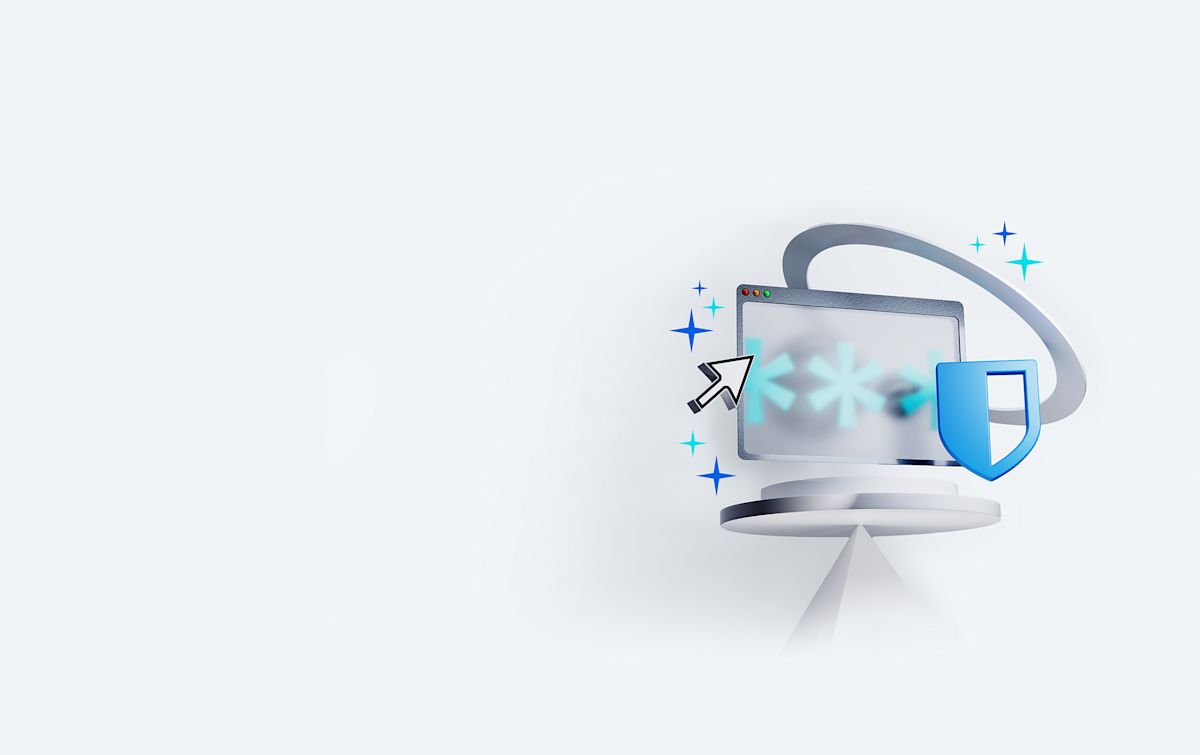
Evolving beyond browser-based password management
What you need to know
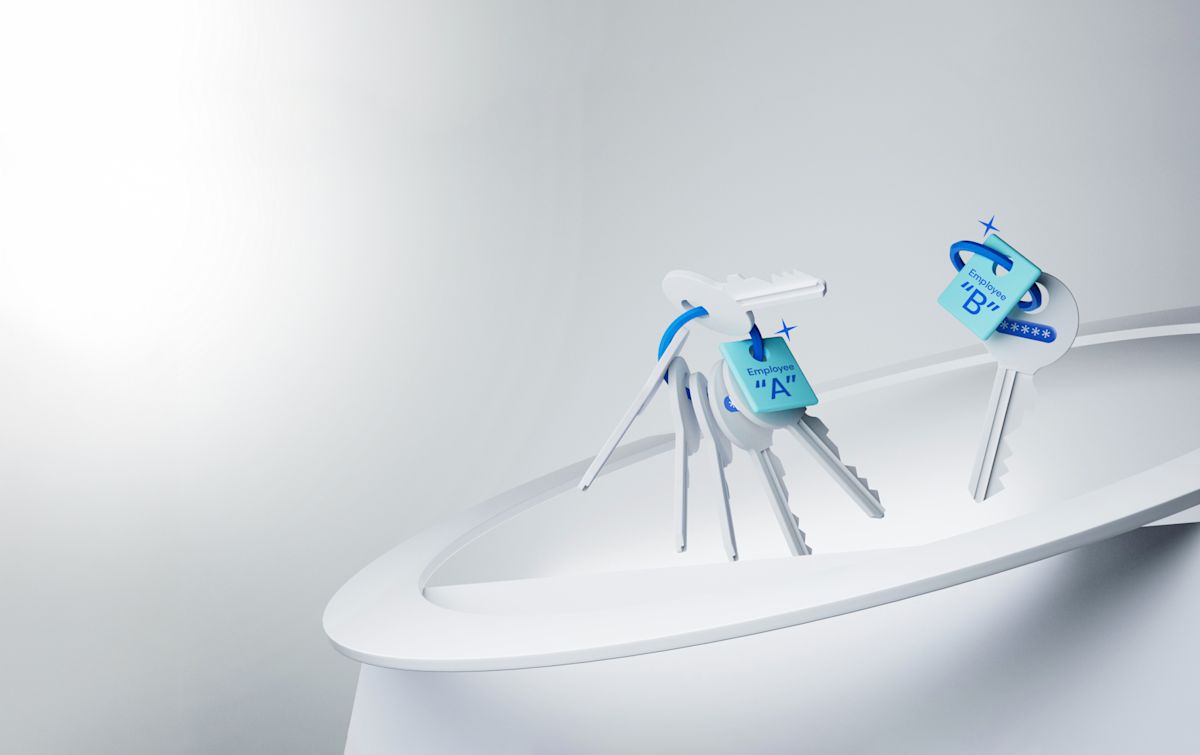
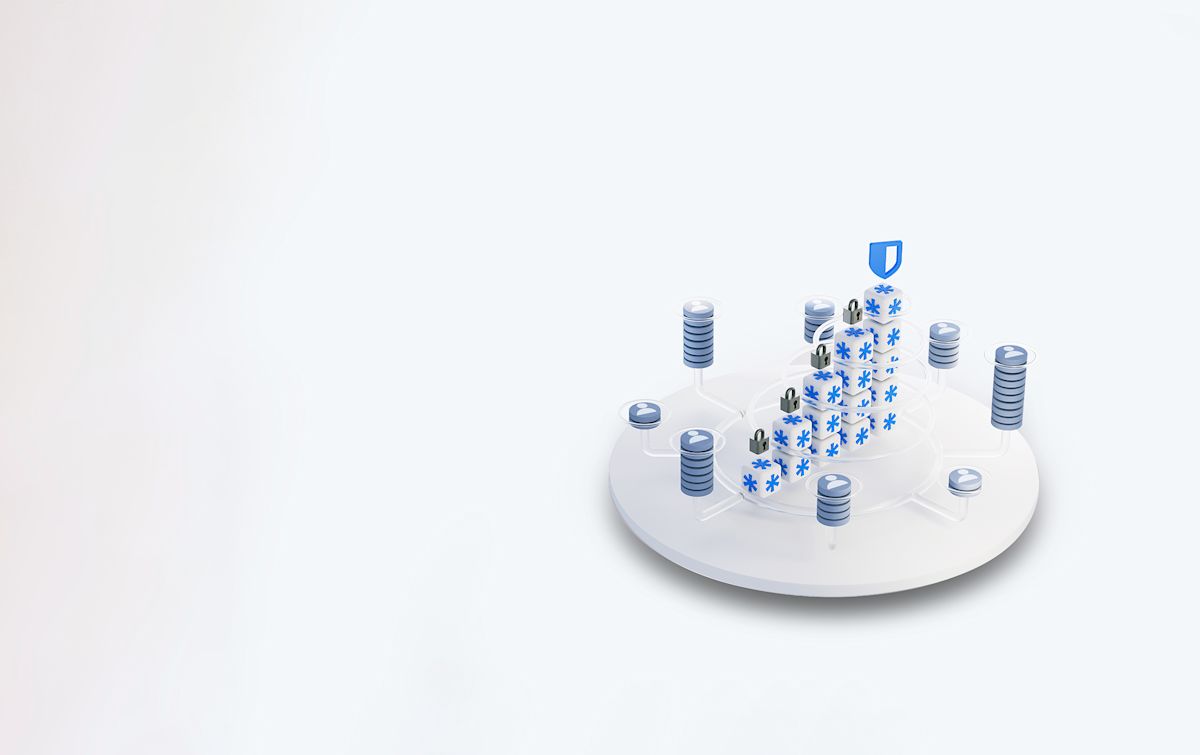
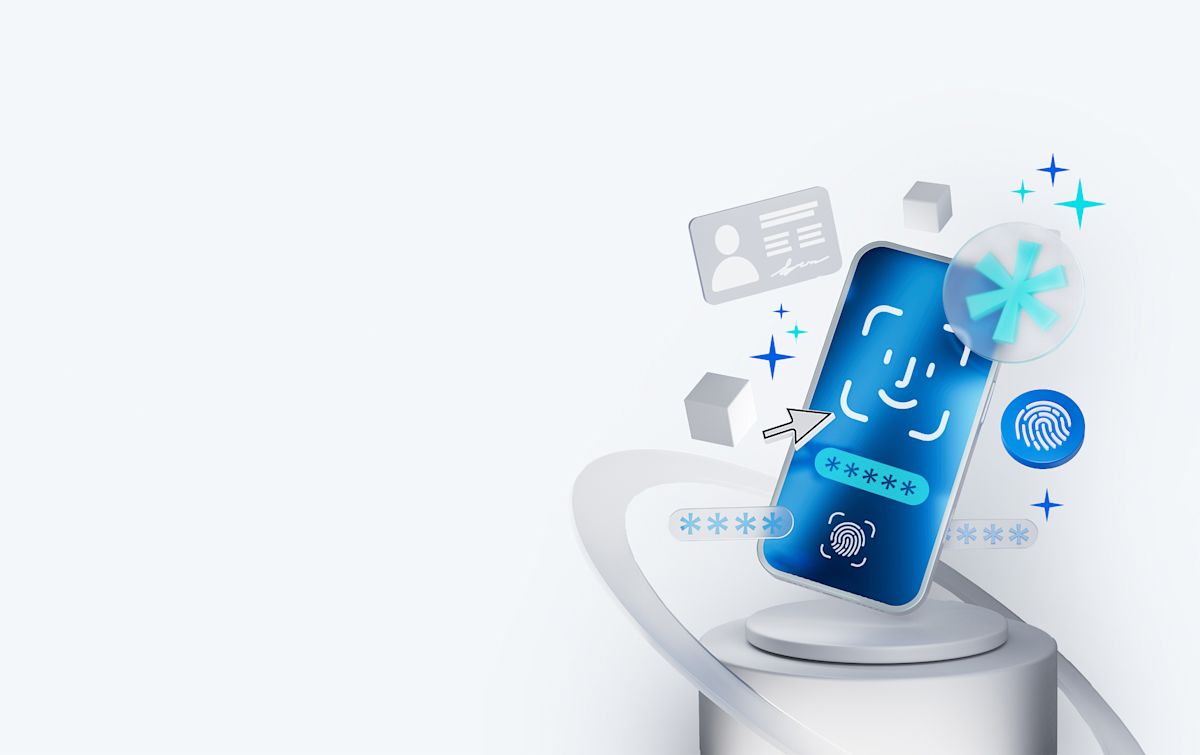
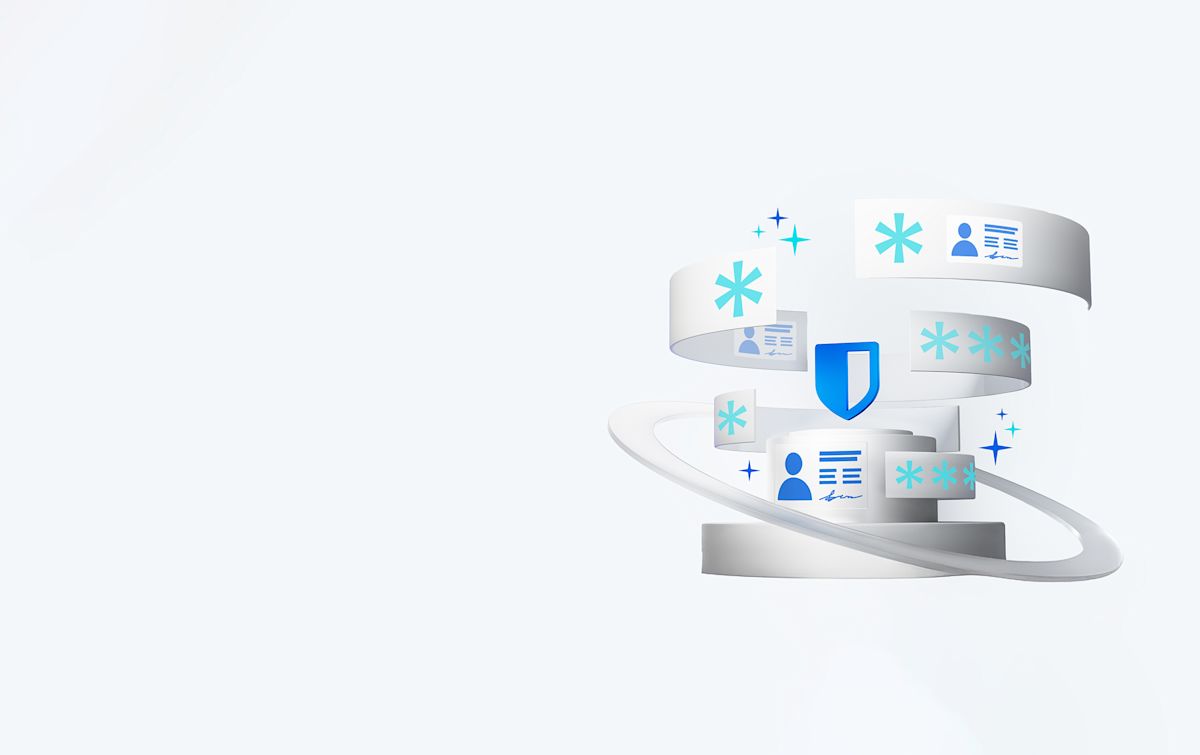
Application and employee-centric credential management
What you need to know



